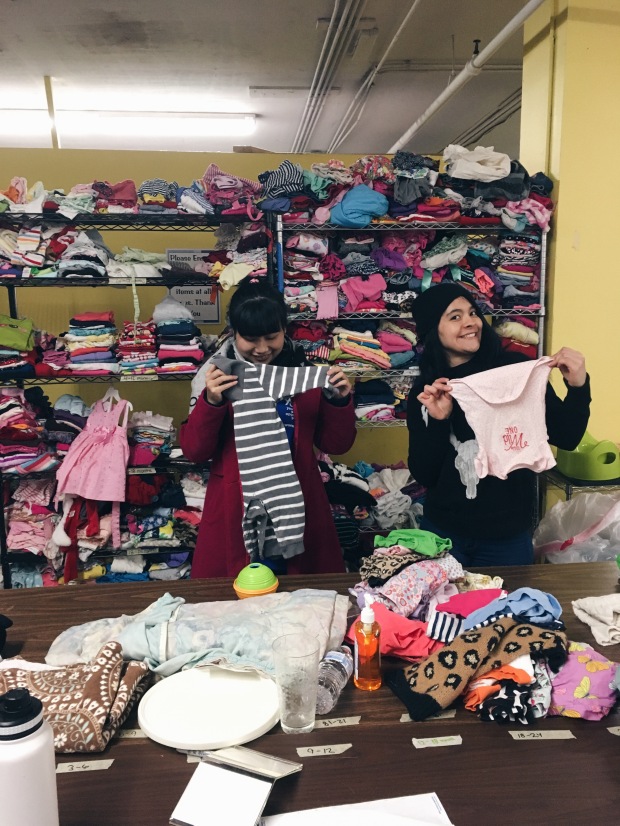Reflecting on this past semester’s Alternative Spring Break Service-Learning class and trip, I am amazed at how much I have learned and grown. Prior to even starting the class, I was hoping that this class would be a venue through which I would be able to serve, learn, and grow. I am pleased to say that I was provided with opportunities to do all three of these things. Before going to Washington D.C., our class time was dedicated to preparing us for the trip. I felt that the class time prior to our takeoff adequately provided us with the knowledge necessary for making the most of our trip. Although our class could only teach us so many facts and lessons through class lectures, group discussions, and reading assignments, I know that the trip would not have been as meaningful and impactful if we had not prepared our hearts and minds beforehand. The time in class made me more open-minded and helped me to stay away from dangerous mindsets like that of thinking of yourself as a “savior.” By this, I mean that I became more aware of the unhealthy mindset of thinking that you are saving people from their sufferings. Having this mindset is not only not true, but it is also damaging to those you are serving. In addition, our time in the classroom allowed me to absorb knowledge about policies, stereotypes, events, and other things that negatively impact those who face poverty, homelessness, and food insecurity. This education played an important role in shaping the way the rest of the class time and trip would go.
The education I was getting in the classroom would not have been fully completed, however, if we would not have had the chance to actually go out, serve, and see and hear from individuals who are experiencing homelessness and food insecurity firsthand. Being in Washington D.C. taught me much more than I could have ever learned in a classroom. In addition, I did not think I fully understood the importance of reflection until I came back from the trip. Had I not reflected on my time in Washington D.C., I would not have completely thought through what I saw and heard and processed those things. Reflecting, specifically through taking time to think and write these blog posts, was really helped me grow as an individual. Reflecting also let me brainstorm the ways in which I can apply the concepts that I was learning when I came back home to Wichita.
One of the things that I had learned about in class and then witnessed in Washington D.C. was some of the causes of poverty and homelessness. In class, my eyes were opened to many of the actual reasons poverty exists compared to the stereotypes that imply the causes of poverty. For example, while culture often tells us that homelessness is caused by laziness, I saw that affordable living is far more often a cause of homelessness. Similar to what I learned in class, poverty, homelessness, and food insecurity are often due to circumstances that individuals cannot control.
As a result of this course and service trip, I have been able to understand my own privilege better. I take for granted and do not recognize the circumstances and environment that I grew up in, my support system, my financial resources, the education that I am getting, and much more. This course and trip has helped me understand that I have certain things that others do not have, and that is not because of what I have done. Rather, I was born with these privileges. The course and trip also exposed me to the realization that I could at any time become homeless. My circumstances are temporary, and something could easily happen to me that would cause me to be homeless and hungry.
The last thing that I want to say in this final blog post is that my desire to serving, learning, and growing does not stop here. I have served, learned, and grown a lot through this course and service trip, but I also realize that I am doing myself as well as my community a disservice if I stop seeking out opportunities to do these three things. I will continue to serve, research, listen, observe, and reflect.















